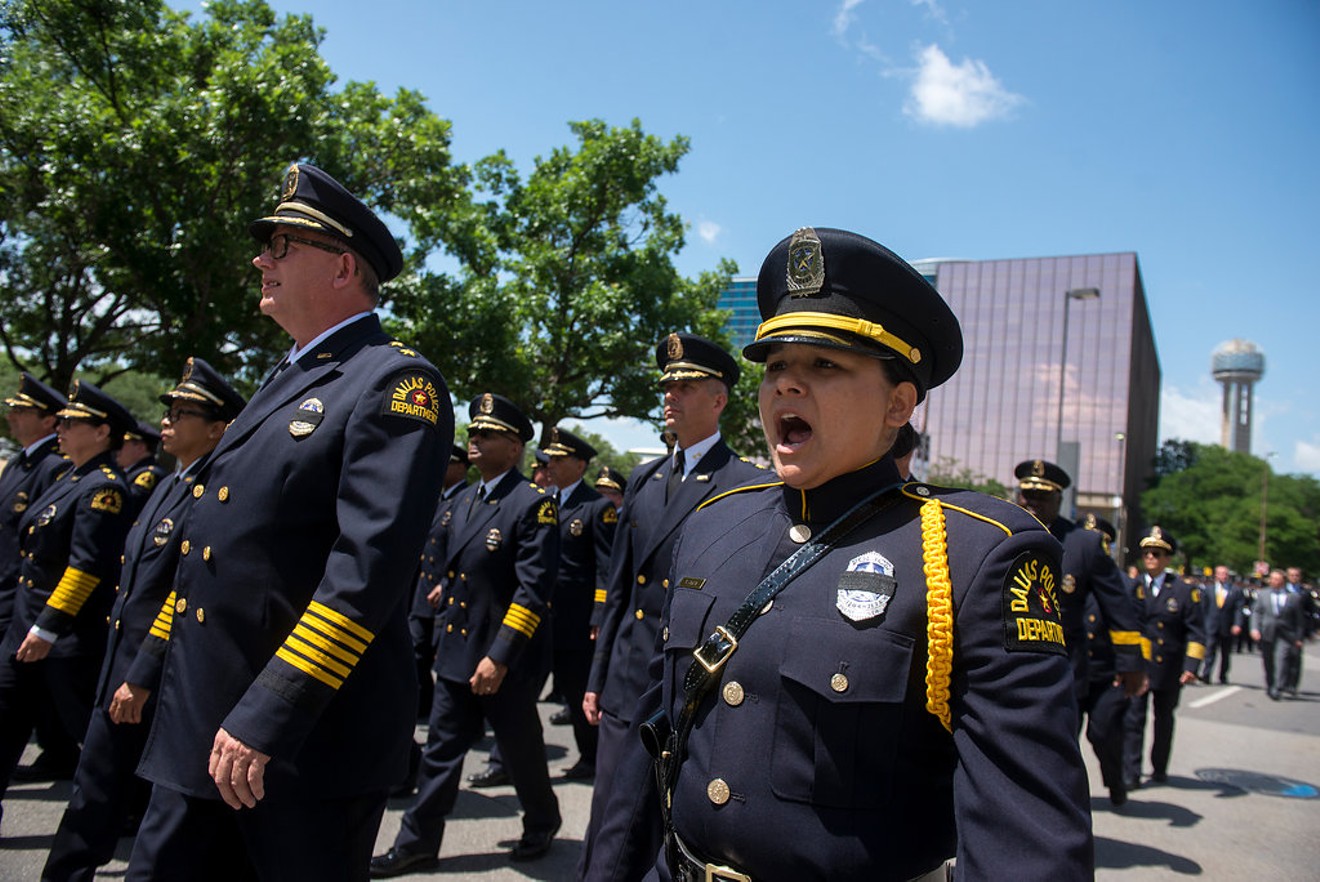One of the biggest, immediately positive effects from the deal is that it stopped the "run on the bank" that hit the pension system in 2016 by changing the rules by which participants in the fund's Deferred Retirement Option Program (DROP) were allowed to access the cash in their accounts. DROP allows retirement-age police and firefighters to draw their pension checks while continuing to work for the police or fire department.
Previously, retirees could withdraw money from their DROP accounts by lump-sum, which led to more than $600 million in distributions in 2016. DROP account payments are now limited by a formula and made on a monthly or yearly basis. In 2017, the pension made about $65 million in DROP payouts.
That's the good news — there's no longer an immediate, existential threat to the fund's solvency. The not-as-good news is that the fund is still struggling to unload several less-than-desirable properties purchased by previous pension officials as part of an unconventional investment strategy.
"We are trying ... but we don't want to fire-sale things," fund Executive Director Kelly Gottschalk told members of the City Council's Government Performance and Financial Management Committee. "Some of our assets are really challenging."
While the fund has managed to mostly get out of the infamous Museum Tower project — an Arts District high-rise that was slow to fill and beamed intense reflected sunlight into the Nasher Sculpture Garden — City Council member Lee Kleinman worried that, rather than holding on for a better market, the police pension shouldn't just write-down some of its real estate.
"On the real estate I don't know if there's any fire big enough to sell this stuff," Kleinman. "We're in the biggest boom market that I've ever seen. ... Maybe it's time to start writing [the assets] down again.""On the real estate I don't know if there's any fire big enough to sell this stuff." — Lee Kleinman
tweet this
In addition to better allocating the pension fund's holdings and getting better investment returns, Gottschalk emphasized that the pension fund's path to being 100 percent funded — meaning all of its obligations would be covered by its assets — depends on Dallas meeting its optimistic hiring plan over the next 20 years.
In 2017, the city paid its uniformed employees $372 million. According to its hiring plan, police and fire pay will be $684 million in 2037, an increase of 3.1 percent per year over that span. If the city meets that goal, and makes the required contributions to the fund that would come with the new hires, the police and fire pension fund is expected to be 100 percent funded by 2063.
Because police and firefighters contribute a portion of their pay to the fund, and the city contributes proportionally, if the city's payroll increases by a more modest 2.75 percent each year going forward, the fund would only be 33 percent funded in 2063, according to the pension, unless the minimum contribution to which Dallas is subject until 2025 under the terms of the deal is extended.
"Your two big risks are you have a big draw-down or the city doesn't make its hiring plan," Gottschalk said.
If one of those things happens, and the sun hasn't mercifully swallowed Earth, a new deal will need to be struck, or Dallas will return to the halcyon days of December 2016, when Dallas Mayor Mike Rawlings sued the city's own police and fire pension system in a desperate attempt to keep it afloat.












